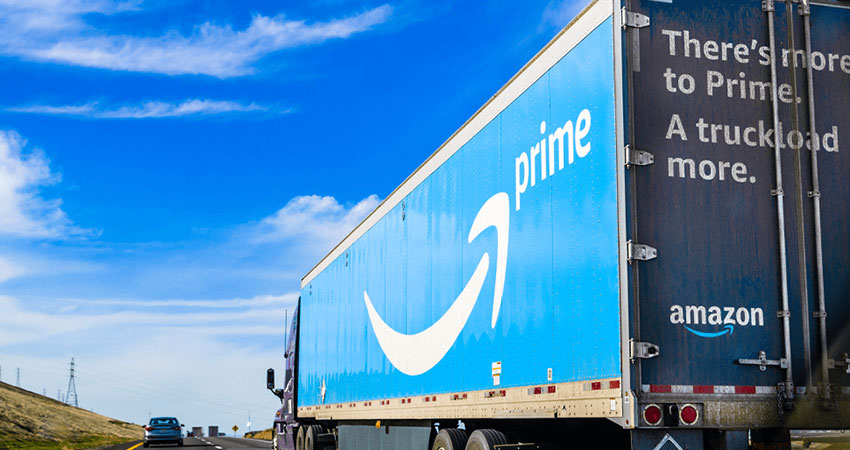Amazon has increased its capital expenditures by 80% in the past year, including its continuing expansion of Amazon Logistics such as new cargo planes, trailers and linehaul trucks and adding to its massive Delivery Service Partner (DSP) program for last mile deliveries.
All told, Amazon CFO Brian Olsavsky told analysts on an investor call for its latest quarterly report, the company has increased its logistics capacity by 50% in the past year alone, and handles more than half of its own deliveries as it continues to wean off external carriers. In fact, an analysis last fall from Shipmatrix estimated Amazon Logistics handled an incredible two-thirds of its own volume.
Olsavsky said Amazon, unsurprisingly, is learning how to do all this more efficiently.
“We actually think our cost right now is very competitive with our external options, and we measure that very closely,” he said. “It certainly gets better with demand and amortization and route density, etc. But what we see, which is very helpful, is the ability to control the whole flow of products from the warehouse to the end customer.”
A lot of this efficiency, Olsavsky said, has been realized through evolving from a batch process where a large number of orders is handed off once a day to a delivery partner, to a continuous flow process where orders continually leave its warehouses five to six times a day via line haul and last mile via DSP or Amazon’s own drivers.
“So that gives us a lot of ability not only to control the flow of the product, but also flow of information,” he said. “We’re seeing a lot of progress in that area. And I think you’ll see it, too, as a customer where you’re starting to get more precise estimates of delivery. You’ll get notes that say, hey, you’re eight stops away from your delivery.”
The DSP program itself is growing rapidly, now at over 100,000 drivers. Olsavsky said Amazon will continue to pour capex into Amazon Logistics through 2021 and possibly into 2022 to keep on top of its volume and order flow.
For the quarter ended March 31, Amazon reported profit of $8.1 billion, more than triple the $2.5 billion from the prior year. Earnings per share was $15.79, about $6 more than Wall Street estimates, according to FactSet. Revenue was up 44% to $108.5 billion.

